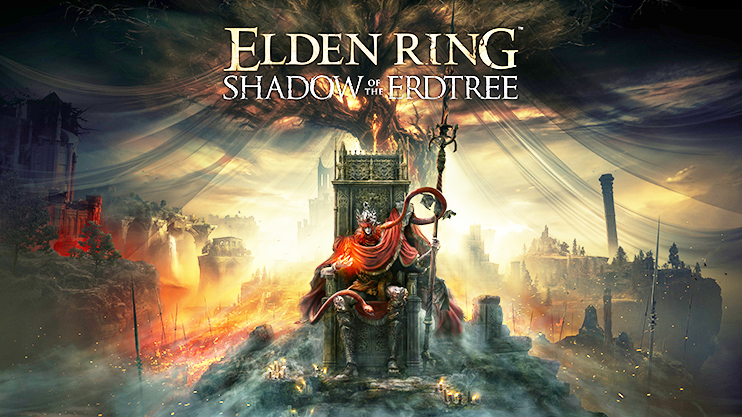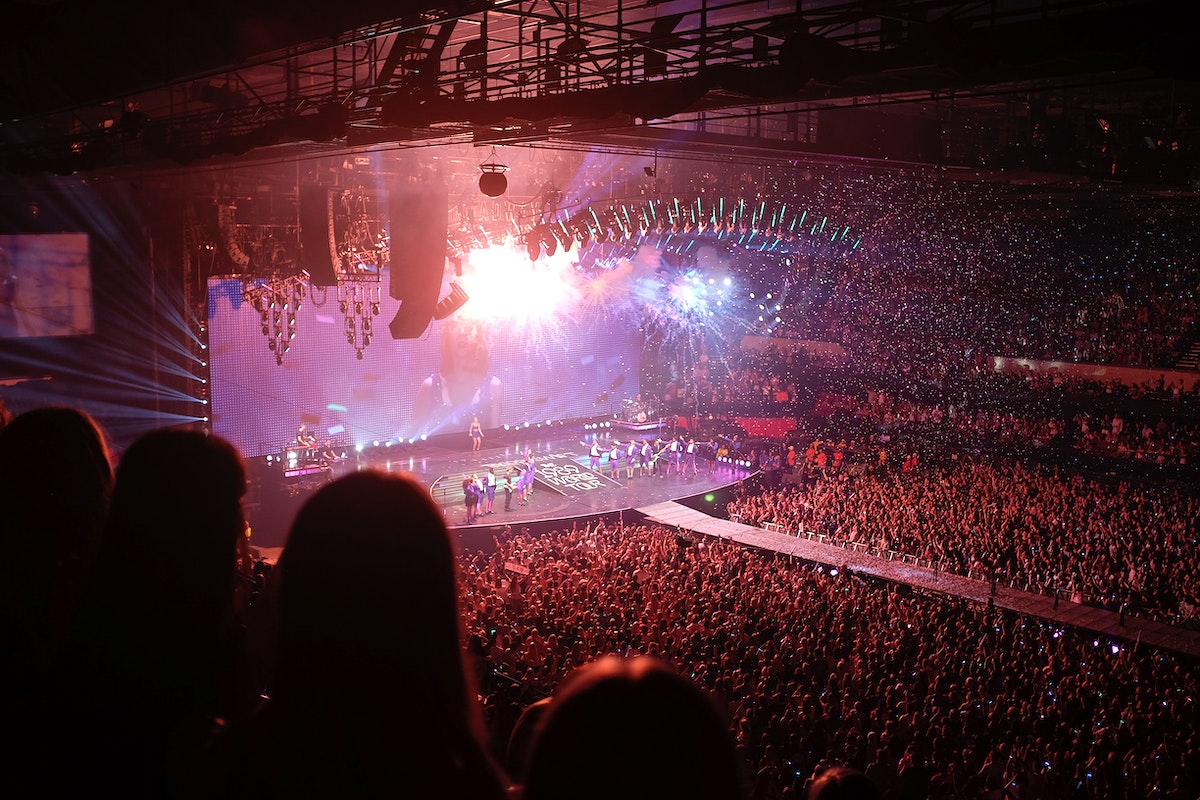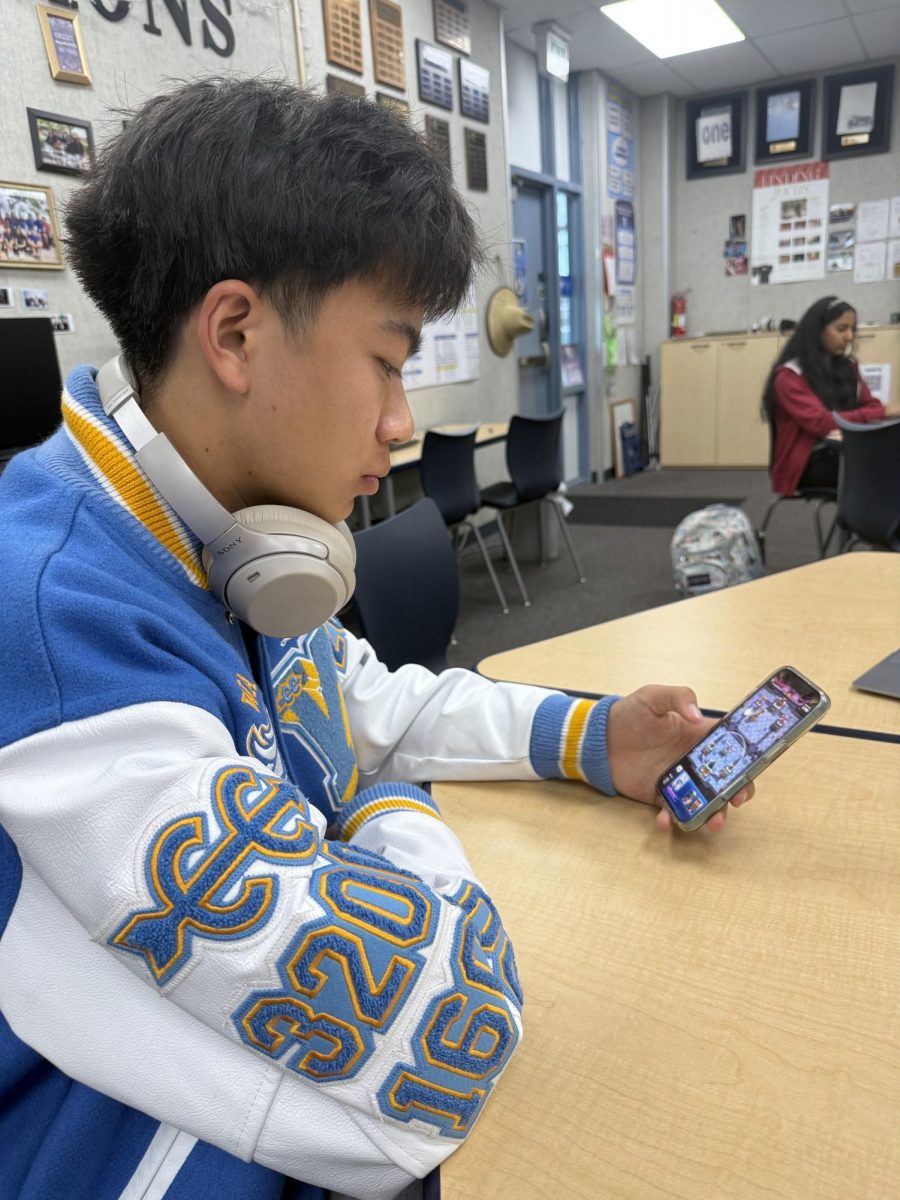“You Died” in bold red letters are words everyone has seen if they’ve played the game “Elden Ring”. If you’ve ever played “Elden Ring” or similar games, you know they’re not your average video games. These longform role-playing games (RPGs) are notorious for being challenging, but that’s just scratching the surface of what makes them stand out.
These games don’t hold your hand. For example, in “Elden Ring” there’s no voice in your ear telling you where to go next. You’re dropped into this huge, mysterious world and left to figure things out. “Elden Ring” has an open world map, meaning you can explore most of the world before actually fighting the next boss which is different from other Soulsborne games but does not remove the challenge. In my first and only playthrough, I died a lot. Maybe a few hundred times, but each time I died, I learned to dodge at a different time or to hit the boss right after a certain attack. This game challenges your ability to learn and adapt, which makes every victory feel earned .
Combat in Soulsborne games is different and also what they’re most known for. It’s not just about spamming attacks at the enemies, rather, each fight requires different timing and strategy. Dodge rolls, parries, and attacks all must be timed in a precise fashion otherwise the majority of your health bar will disappear.
By being able to use several different weapons such as swords or wands to cast spells, the game makes you think about every move. Unlike other games where you may be able to rely on mashing a button, RPGs demand that you master the mechanics of a fight before being able to defeat the enemy. The combat in these games also contributes to its replayability. There are thousands of different builds floating on the internet, some incorporating daggers, swords, staffs, shields or heavy armor. This variety allows for creativity in how you approach challenges, making each playthrough exciting instead of repetitive as the playstyle for each build varies.
The way these games tell their stories is also different. How you talk to non-player characters (NPCs) and the way you play the game decides the ending you will get. For example in “Legend of Zelda: Breath of the Wild,” developed by Nintendo, I learn about their backstory and why they fight. Some may fight to restore order and others to gain power. It’s up to you to piece it together, which makes discovering the lore feel like a personal achievement. Plus, this approach sparks endless discussions among players, as everyone has their own take on what’s really going on. Unlike player versus player games such as “Valorant,” developed by Riot Games, or “Brawl Stars,” developed by Supercell, RPG games focus on storytelling rather than a competitive environment.
And then there’s the atmosphere. The worlds in these games are stunning but in a dark, eerie kind of way. Every location is packed with detail, and it feels like there’s a story behind every crumbling castle and twisted forest. Several soundtracks add to the immersive experience, making you feel the weight of the world around you. The game’s design pulls you in, making you want to explore every nook and cranny, even if it means facing yet another brutal enemy. In a world of games that often make things easy, RPG games will redefine the future of gaming by forcing you to adapt and overcome boss fights while immersing you into a world of fantasy. Ω








